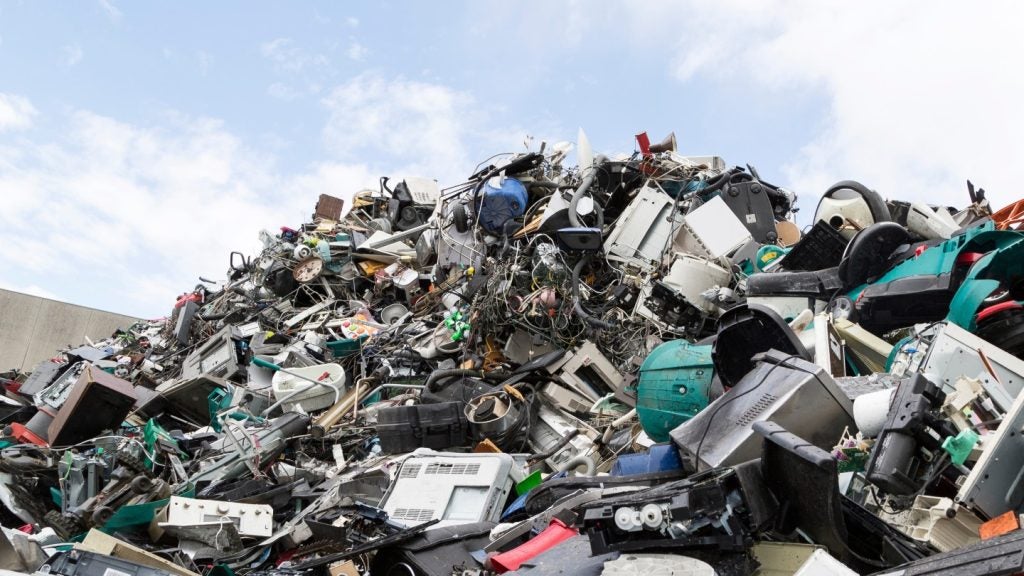
With the number of cases reaching 28,256, and the death toll rising to 565 people – the majority in mainland China – the World Health Organization has now declared the outbreak of novel coronavirus a global health emergency. And with the virus impacting numerous areas of society, it is taking a toll on the global supply chain.
According to Bloomberg, China is the largest global exporter of intermediate manufactured products, but consumer technology companies, in particular, are taking a hit.
Coronavirus’ impact on Apple
Factories due to reopen their doors after the Lunar New Year, such as those in Foxconn Zhengzhou Science Park, have had to remain shut in an effort to contain the spread of the coronavirus.
The science park is commonly referred to as the “iPhone City”, on account of roughly half of the world’s iPhones being made at the factory. Almost all of the world’s iPhone’s are produced in China. Apple also has 200 suppliers based in Wuhan, the source of the coronavirus outbreak.
Foxconn’s factory is due to remain closed until at least 10 February and according to the Wall Street Journal, Apple is expected to ship between 5% and 10% fewer iPhones this quarter than was predicted before the outbreak. The company has also made the decision to temporarily close retail stores in the country.
In a conference call, Apple CEO Tim Cook said that the company was “working on mitigation plans to make up any expected production loss”.
How well do you really know your competitors?
Access the most comprehensive Company Profiles on the market, powered by GlobalData. Save hours of research. Gain competitive edge.

Thank you!
Your download email will arrive shortly
Not ready to buy yet? Download a free sample
We are confident about the unique quality of our Company Profiles. However, we want you to make the most beneficial decision for your business, so we offer a free sample that you can download by submitting the below form
By GlobalDataAccording to Gartner, the coronavirus could impact the tech supply chain in a number of ways: the supply of materials, labour, the logistics of transporting goods, and the risk that consumers could become more cautious about purchasing goods manufactured in certain areas.
In the past Apple has faced criticism for concentrating the majority of its manufacturing in one region, making it susceptible to downturns when emergencies such as the coronavirus strike. However, the situation has wider implications for the global economy as a whole.
As a proportion of global GDP, China’s economy is four times bigger than what it was during the SARS outbreak in 2003. As well as Apple and other consumer electronics brands, a growing number of industries may soon be affected due to the key role China plays in the global supply chain.
“This outbreak provides a valuable lesson”
Alejandro Alvarez, operations performance partner at Ayming, a consultancy specialising in supply chain and operations performance said:
“When it comes to supply chains, the ripples of the coronavirus are only just emerging. Companies are working on their risk assessment plans, but, in reality, how many businesses can trace all their supplies to source? It’s very difficult to get a full grasp on the matter and many companies could be underestimating their exposure.
“Global supply chains have become incredibly complex and the Chinese economy plays an extremely important role in the global economy so there may be some unpleasant surprises in store should import restrictions and containment efforts escalate. For example, a UK manufacturer who imports a certain component or material from abroad might not know the origin of that component – it could easily be from China.
However, he believes that this should act as an important wakeup call for companies with supply chains dependent on particular regions:
“However, this outbreak actually provides a valuable lesson. As it stands, most businesses are far too dependent on one or two main sources for their supplies. Companies must learn from this and build resilient supply chains by diversifying their sources. If a business has a number of suppliers for the same product, they have an insurance policy should things go wrong – and, clearly, things do go wrong.”
Read More: Coronavirus in the UK: Your cybersecurity is at greater risk than your health.







